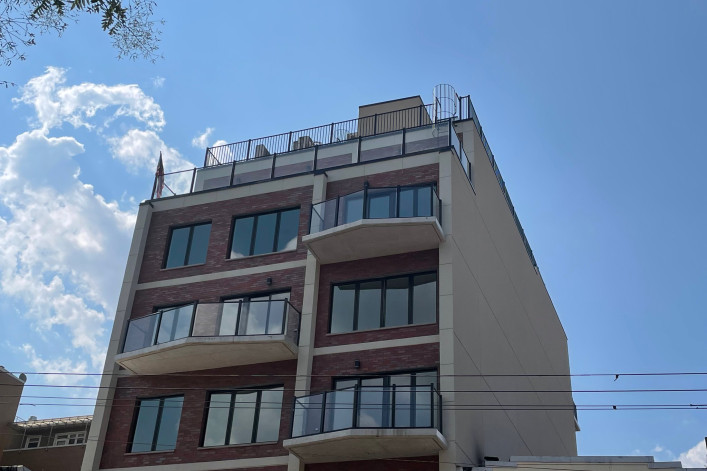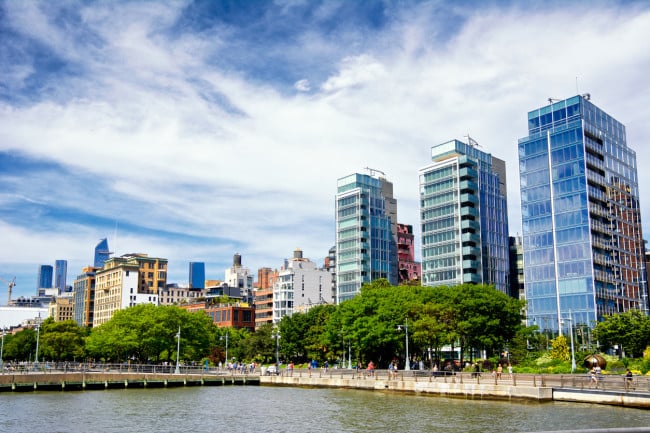How do you qualify for a jumbo loan in NYC?
- The new baseline for NYC mortgages backed by jumbo loans rises to $1,149,825 in 2024
- Borrowers need a debt-to-income ratio of 35 percent and to show six months of reserve funds

Many New Yorkers need a jumbo loan in order to buy in this pricey city.
I need a jumbo mortgage in order to buy in New York City. I've heard there's a new threshold for this kind of loan in 2024. What exactly has changed, and what do I need to do to qualify?
In 2024, the jumbo loan threshold for a one-unit property in New York City will be $1,149,825, and borrowers are required to meet specific debt-to-income requirements, among other qualifications, our experts say.
In pricey cities like New York, jumbo loans aren't just for luxury properties. Many buyers have to opt for jumbo loans, which are mortgages that are too large to qualify for conforming loans under guidelines set by each year by the Federal Housing Finance Agency. (For more intel, check out Brick's explainer on jumbo loans.)
The dividing line between conforming and jumbo loans for 2023 in NYC was $1,089,300—landing above the $1 million baseline for the first time. A higher baseline means more buyers qualify for larger conforming loans.
Tougher requirements for jumbo borrowers
Unlike with typical mortgages, which require buyers to demonstrate two months of funds to cover mortgage payments and other expenses, jumbo loans require buyers to show they can cover these payments for six months.
"The reserve requirement for jumbo loans is six months reserves for qualifying mortgage payment, insurance, taxes, and HOA dues," says Mary Alex Blanton, vice president of National Cooperative Bank (a Brick sponsor). "The requirement for conforming loan limits remains the same at two months. There is a pricing difference between a conforming and jumbo loan, generally an additional .25-.375 percent add-on."
Looking to buy a co-op apartment? National Cooperative Bank offers competitive rates and easy pre-qualification. With 40 years of lending to buyers in New York City, NCB is the bank for co-ops. After all, Cooperative is our middle name! Call us at (202) 349-7455 or email Ryan Greer [email protected] #507534. Equal Housing Lender.
Buyers also face specific requirements for their down payment, with most lenders preferring borrowers put down at least 20 percent. In addition, buyers must meet qualifications for their debt-to-income ratio (the percentage of their income that goes toward paying off debts) and post-closing liquidity (liquid assets available after down payment and closing costs).
"Borrowers have to meet maximum debt-to-income requirements. The standard is up to 35 percent debt-to-income but some lenders go higher," says Deanna Kory, a broker a Corcoran. "They also have to have a minimum post-closing liquidity—the lowest is 12 to 24 months of post-closing liquidity."
Remember that before you commit to any one lender, it's a good idea to shop around—especially if you're taking out a sizable mortgage.
Trouble at home? Get your NYC apartment-dweller questions answered by an expert. Send your questions to [email protected]. For more Ask an Expert questions and answers, click here..
You Might Also Like



























